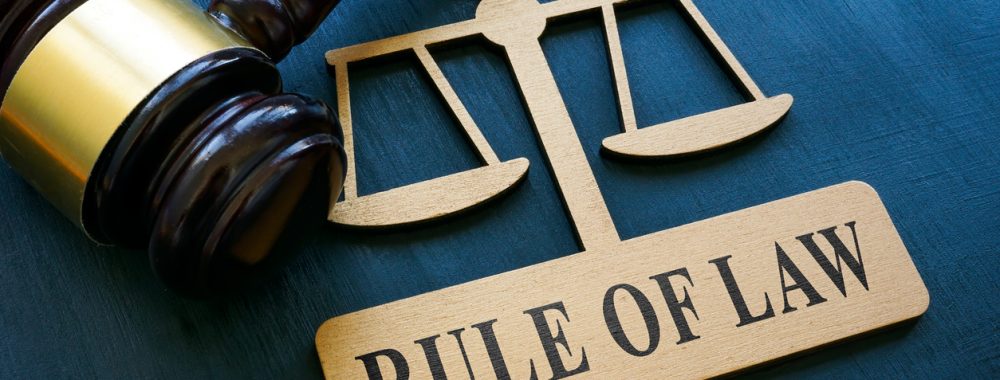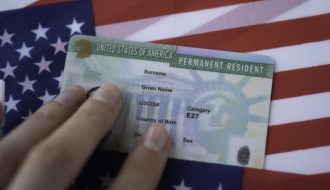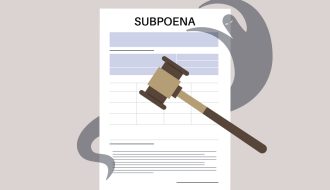The principle of double jeopardy is a fundamental constitutional protection that prevents individuals from being tried or punished multiple times for the same offense. Rooted in the Fifth Amendment of the U.S. Constitution, this legal doctrine ensures fairness in the criminal justice system by shielding defendants from governmental overreach. In Florida, double jeopardy applies under both state and federal law, but its scope and limitations can be complex.
This article examines whether double jeopardy can protect against multiple punishments in Florida, exploring key legal standards, court interpretations, and exceptions that may affect its application.
What Is Double Jeopardy Under the Fifth Amendment?
The Double Jeopardy Clause of the Fifth Amendment states:
“No person shall… be subject for the same offense to be twice put in jeopardy of life or limb.”
This clause provides three core protections:
- Protection against a second prosecution after an acquittal.
- Protection against a second prosecution after a conviction.
- Protection against multiple punishments for the same offense.
Florida courts follow these federal constitutional principles, but state laws and judicial rulings further refine how double jeopardy applies in criminal cases.
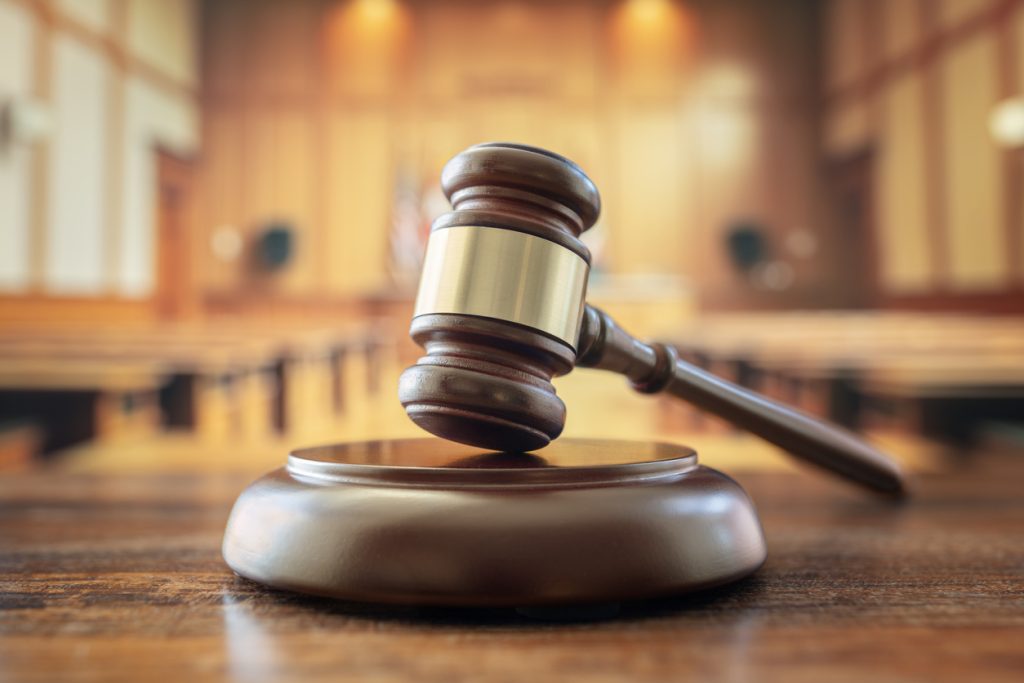
How Does Double Jeopardy Apply in Florida?
Florida’s legal system incorporates double jeopardy protections through both statutory and case law. The Florida Constitution (Article I, Section 9) mirrors the federal guarantee, ensuring defendants cannot face repeated prosecutions or excessive penalties for the same conduct.
Key Florida Cases Shaping Double Jeopardy Protections
Several landmark rulings have clarified when double jeopardy bars multiple punishments in Florida:
- State v. Johnson (1984): Established that separate convictions for offenses with identical elements violate double jeopardy.
- Valdes v. State (2002): Florida Supreme Court ruled that sentencing enhancements could trigger double jeopardy concerns if they punish the same conduct twice.
- Gonzalez v. State (2013): Clarified that double jeopardy does not prevent separate sovereigns (e.g., state and federal governments) from prosecuting the same offense.
These cases demonstrate that while double jeopardy offers strong safeguards, its application depends on the specific legal and factual circumstances.
When Does Double Jeopardy Protect Against Multiple Punishments?
1. Same Offense, Same Trial
If a defendant is charged with two crimes arising from the same act, Florida courts apply the “Blockburger test” (from Blockburger v. United States). Under this standard, offenses are considered the same unless each requires proof of an element the other does not.
For example, if a defendant faces charges for both burglary and theft from the same incident, double jeopardy may bar dual convictions if the theft was an inherent part of the burglary.
2. Successive Prosecutions After Acquittal or Conviction
Once a jury acquits or convicts a defendant, prosecutors cannot retry them for the same offense. However, exceptions exist, such as:
- Mistrials (if declared for necessity).
- Appeals by the defendant (retrials may be permitted if a conviction is overturned).
3. Multiple Punishments for Overlapping Crimes
Florida courts often examine legislative intent to determine whether lawmakers authorized cumulative punishments. If two statutes punish the same conduct, double jeopardy may invalidate one of the penalties.

Exceptions to Double Jeopardy in Florida
While double jeopardy provides robust protections, certain scenarios allow multiple prosecutions or punishments:
Separate Sovereigns Doctrine
Under this exception, state and federal governments can prosecute the same conduct independently. For example, a defendant acquitted in state court could still face federal charges for the same act.
Different Elements in Offenses
If two crimes require distinct elements, double jeopardy does not apply. For instance, DUI manslaughter and vehicular homicide may both apply to a fatal crash if each crime involves different legal standards.
Civil vs. Criminal Proceedings
Double jeopardy only applies to criminal cases. A defendant acquitted in criminal court may still face civil penalties (e.g., fines or forfeitures).
How Courts Determine Double Jeopardy Violations
Florida judges assess several factors when evaluating double jeopardy claims:
- Legislative intent behind the statutes.
- Factual basis of the charges.
- Legal elements of each offense.
For a deeper analysis of how double jeopardy applies in specific cases, refer to this legal resource from the Florida Legislature.
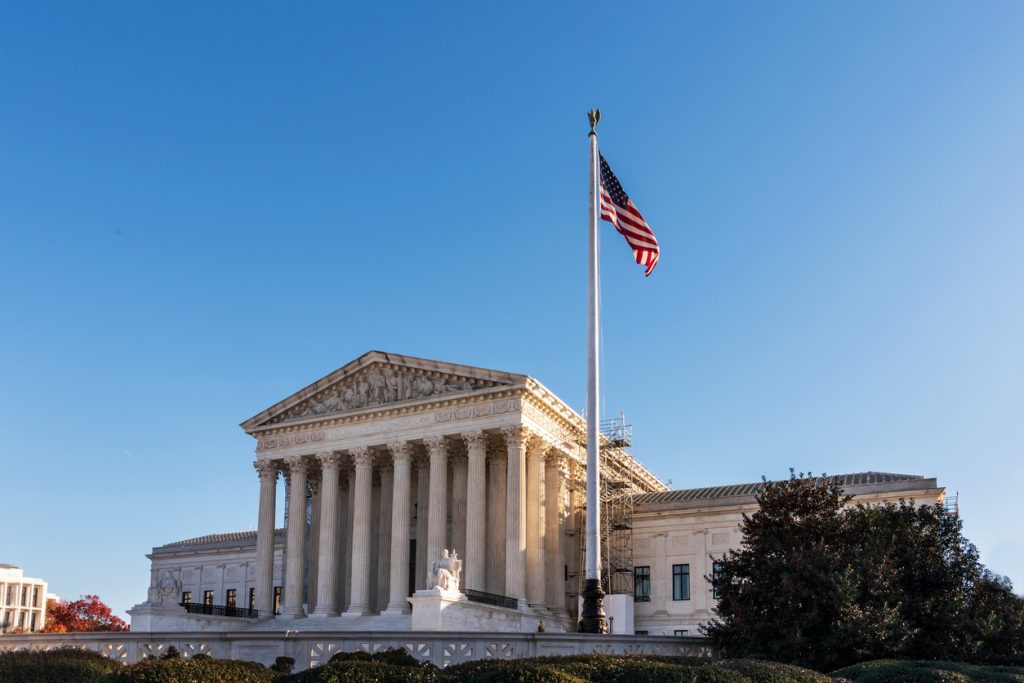
Conclusion
Double jeopardy serves as a critical safeguard against multiple punishments for the same offense in Florida. While its protections are broad, exceptions and judicial interpretations can affect its application. Understanding these nuances is essential for defendants navigating the criminal justice system.
For further insights on double jeopardy and its implications in Florida cases, review how double jeopardy applies to criminal defenses.
By adhering to constitutional standards and Florida case law, courts strive to balance justice with the prohibition against repeated prosecutions. Whether facing state or federal charges, defendants should be aware of their double jeopardy rights to ensure fair legal treatment.
